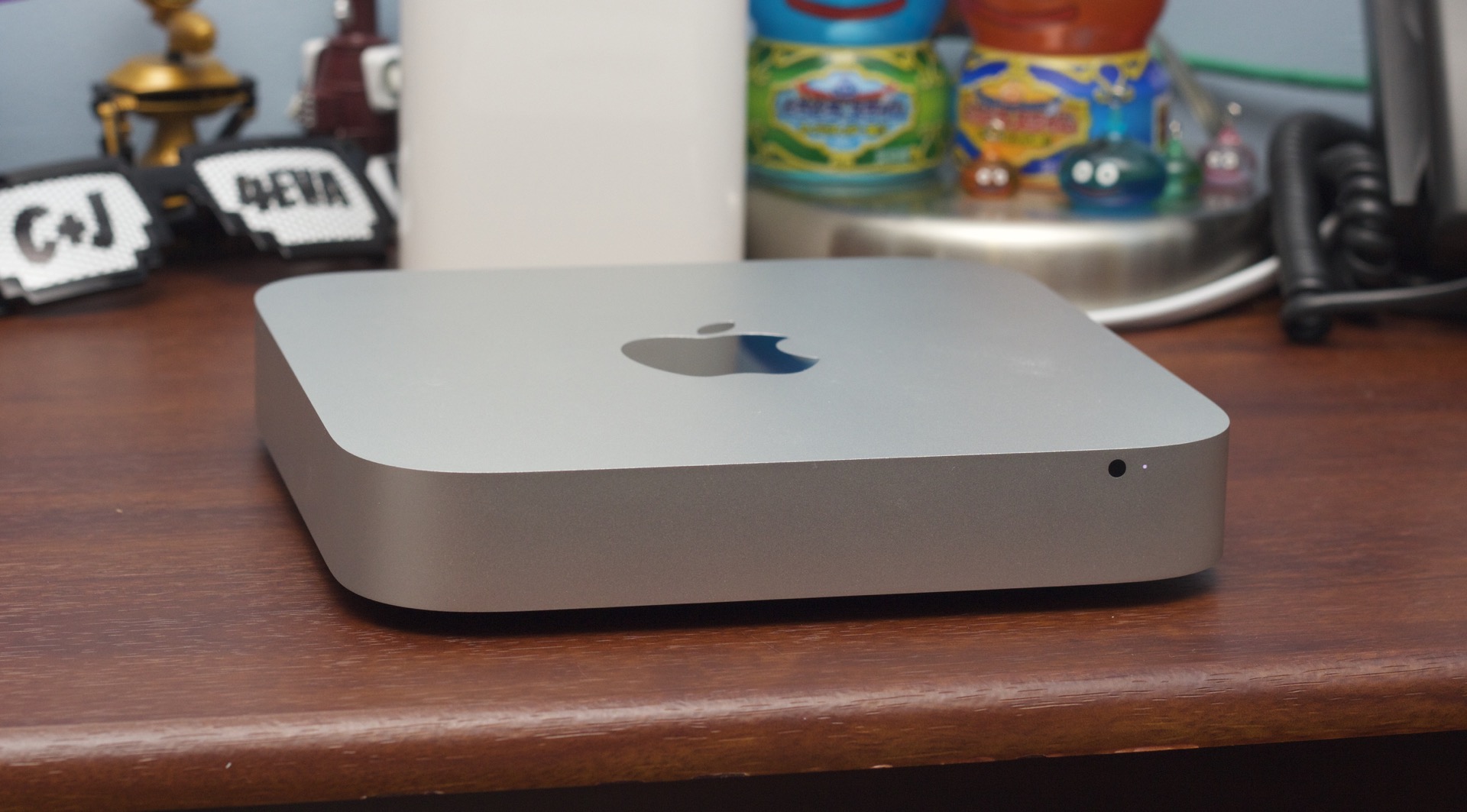

That will bring much greater competition in the PC market, which for years has been dominated by Intel, with rival AMD only recently gaining ground. Apple’s wholesale switch to its own ARM chip designs will force the change through, bringing with it software and hardware improvements that will undoubtedly filter down to other manufacturers. Microsoft is also pursuing an ARM-based future with its Surface Pro X line of Windows tablets, but they have been saddled with performance issues compared with traditional Intel-powered versions. But until now companies have struggled to bring them up to scratch using desktop software. Not only does it remove Apple’s reliance on Intel for performance increases while opening up the ability to run iOS apps on a Mac, but it has the potential to change the whole of the computer market.ĪRM-based chips, such as Apple’s A-series processors in the iPhone or Qualcomm chips in most top Android devices, have long promised greater battery life, higher performance and smaller, thinner designs than their x86 competitors. The switch from traditional x86 desktop processors to Apple Silicon is potentially game changing. MacOS 11 Big Sur will be released as a free update for existing Intel Macs on Thursday. Otherwise, Apple’s Rosetta 2 technology will be able to run programs written for Intel Macs automatically, although doubts remain over their performance.

It also said that high-profile developers were already making Apple Silicon-optimised versions of their programs, including Adobe with Lightroom next month and Photoshop early next year.

The new machines will support Apple’s new Universal Apps format, which allows developers to ship one version of their programs that run on both the older Intel Macs and the new M1 Macs.Īpple said all its apps, including professional programs such as video-editing suite Final Cut Pro and music maker Logic Pro, are optimised for the new M1 chip. Raw performance numbers aside, the new Macs will run macOS 11 Big Sur and with it the ability to run iPhone and iPad apps on the Mac for the first time. MacOS 11 Big Sur will be able to run iPhone and iPad apps on Macs with the M1 chip.


 0 kommentar(er)
0 kommentar(er)
